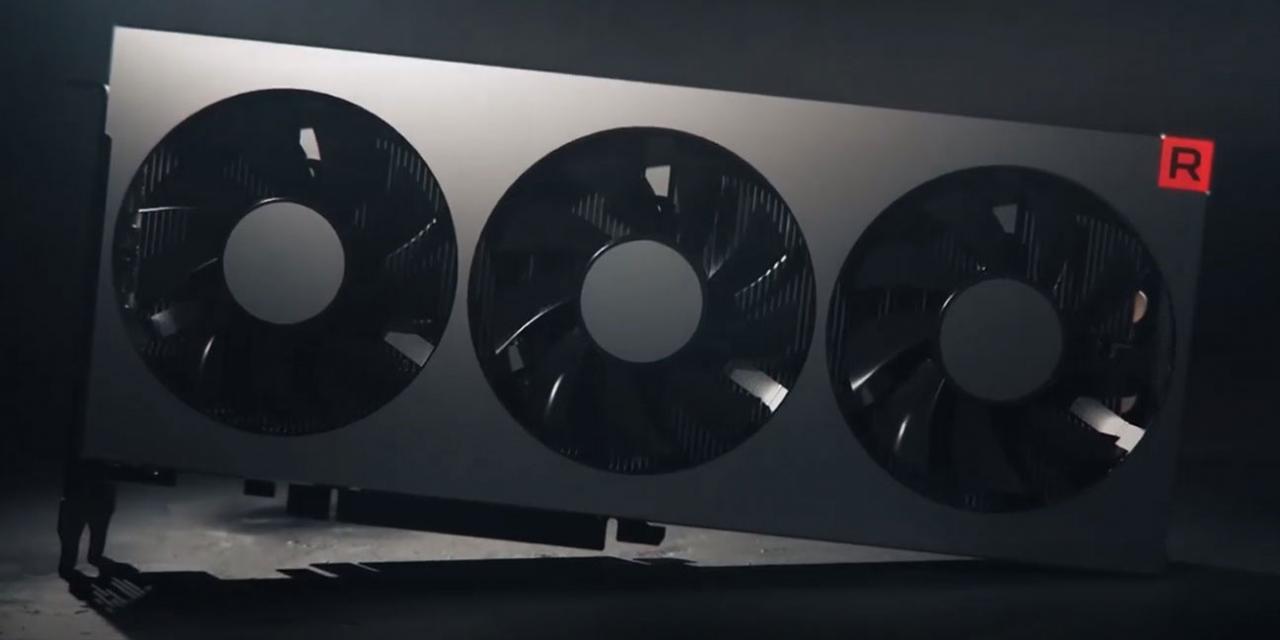
AMD's Adam Kozak has suggested that its graphics cards should be able to offer a feature like Nvidia's deep learning super sampling (DLSS) with a software update. He claims that using AMD's DirectML SDK, AMD had managed to produce an upscaling super sampling technique much akin to DLSS that works without bespoke hardware and doesn't impact performance as much as simply increasing the resolution.
Nvidia's DLSS was a major feature of its RTX-generation of graphics cards. It requires on board "Tensor cores" to work and allows for the upscaling of 1440P games to 4K without the typical increase in performance required to do so. That leaves additional processing power for other visual features, like ray tracing. However, it doesn't look quite as good as native 4K and is in many ways a sort of advanced form of anti-aliasing.
Still, in the limited number of supporting titles it has shown some promise, even if the cards that support it are expensive. AMD claims that its cards should be able to do the same sort of thing without the dedicated hardware. In a similar, open-source manner to its Freesync frame synchronizing technology.
AMD's cards have typically been great at compute workloads and enterprise-focused tasks thanks to the design of its GCN architecture. That should mean that it can devote a few of its cores to this DLSS-like feature without too much of an overhead. PCGamesN reports that it works quite well with the Radeon VII, but it wouldn't be a stretch to imagine a card like the Vega 64 also being quite capable at such a task.
Would DLSS make you more likely to pick up a new AMD GPU on your next upgrade?








